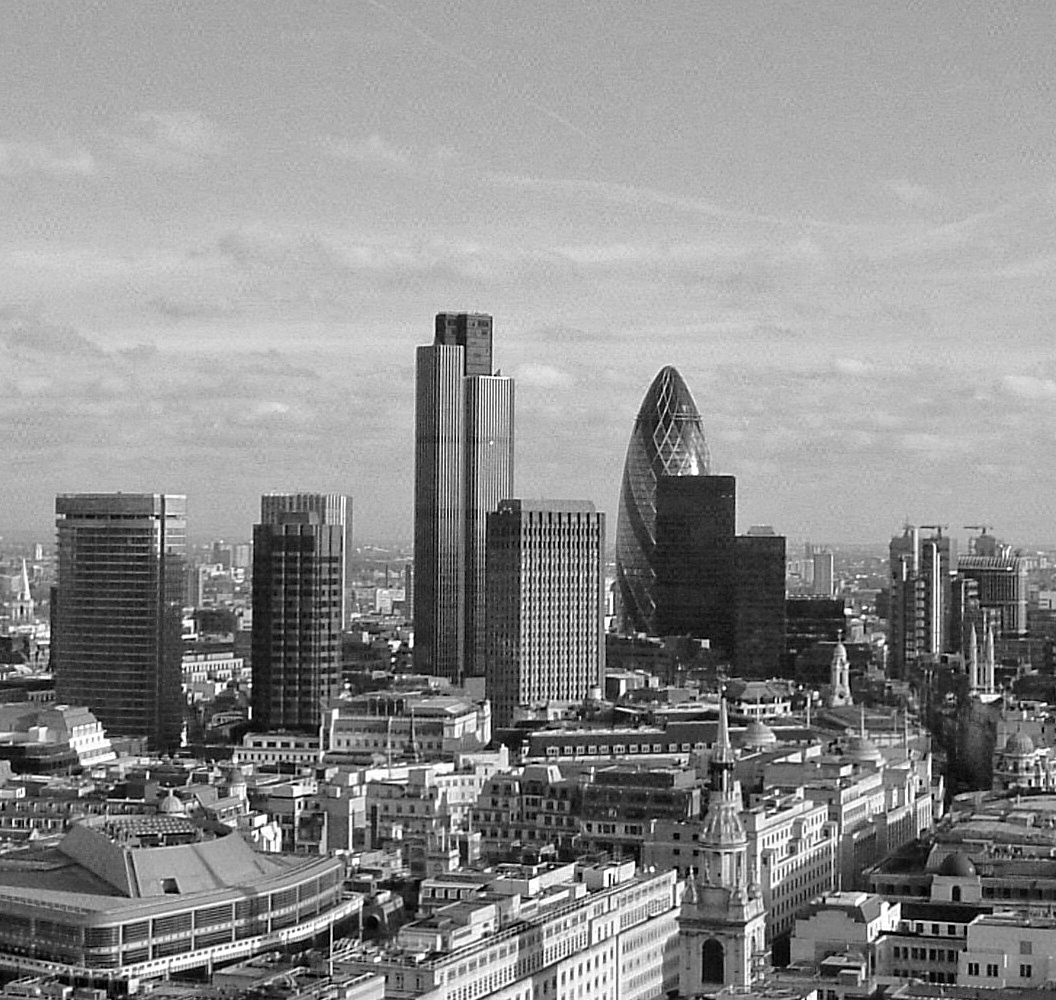Air pollution: A hidden killer
In 1952, during the great smog of London, 4000 people died from the pollution that filled the air. In 2014, almost 30,000 people in the UK will die prematurely because of air pollution. Today, as Maria Eagle and Sadiq Khan...
In 1952, during the great smog of London, 4000 people died from the pollution that filled the air. In 2014, almost 30,000 people in the UK will die prematurely because of air pollution. Today, as Maria Eagle and Sadiq Khan launch Labour’s campaign against air pollution, Labour joins SERA in saying that 60 years after the introduction of the Clean Air Act, the air that we breathe should not be Britain’s biggest public health risk after smoking.
Air pollution is an important issue for Labour to campaign on because it isn’t just an environmental issue – it’s one of social justice too. It is a killer that affects the poorest and the weakest the most – those who have little choice but to live or go to school near busy roads, delivery drivers who spend hours a day in traffic, breathing in toxic fumes and those who are already vulnerable to breathing problems due to underlying health problems like asthma.
It’s also an important campaigning issue because simply raising the profile of the problem can actually help reduce its impact. Letting people know that air pollution is dangerous, particularly when a smog episode is about to happen, means that those who are vulnerable can act to avoid it. Research revealed last week shows that avoiding main roads and switching to side streets can halve the amount of air pollution commuters breathe.
And earlier this spring, one school in Brent kept their children indoors during breaks to protect them from a smog episode. Last year, there were six incidents of dangerous levels of air pollution in the UK – six occasions this year when people should have avoided strenuous exercise outdoors. Yet SERA had to lead a campaign to stop the government from dismantling the network of air quality monitors across the UK that allow people access to this vital information.
But of course, campaigning isn’t enough. Every level of government needs to act to reduce pollution. Today’s announcement that Labour will introduce a National Framework is an important first step as it will provide an umbrella under which local authorities can act, taking away many levels of paperwork for councils wanting to introduce Low Emission Zones.
But we will have to do more. Back in the 1950s, as well as giving councils the powers to establish smoke control zones, the Clean Air Act also offered grants to householders to help them convert their coal-burning fires to smokeless fuel. We need to do the same to help drivers take the most polluting vehicles off the road. We also need to keep air quality – as well as carbon emissions – in the front of our mind when we are planning major infrastructure projects. How do we plan communities for the future to give parents enough choice of schools locally so they don’t have to drive their children to schools? And what infrastructure do we need to get freight off the roads and onto rail again?
Air pollution is a difficult but pressing issue – and one which we won’t forget in the run up to the 2015 election and beyond.
